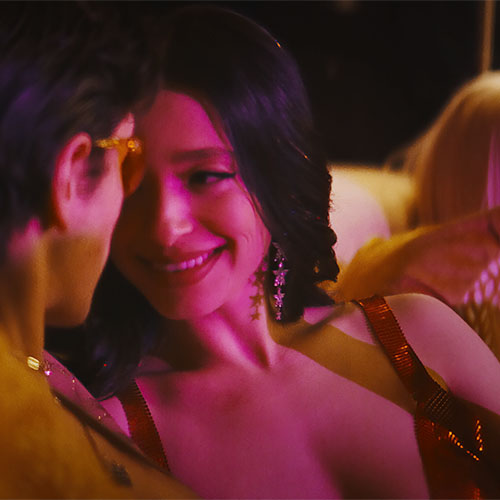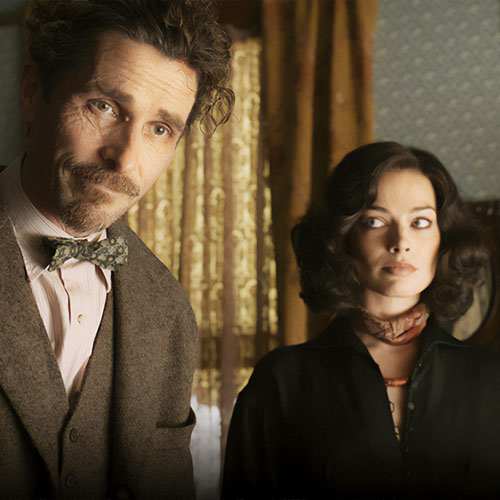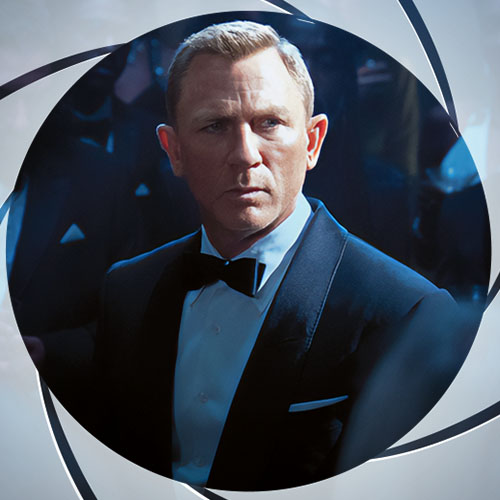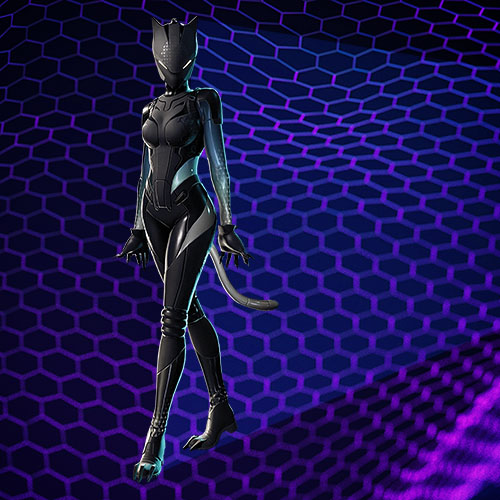Its inability to attract big-name celebrity star power is one of the few areas where the Republican Party has consistently lagged behind the Democrats.
Where the left gets to claim support from Oprah Winfrey, Ben Stiller, Leonardo DiCaprio, Matt Damon, George Clooney, and Brad Pitt—basically anyone spoofed in Team America: World Police as a liberal member of the “Film Actors Guild”—the right has to make do with straight-to-streaming stars like Kevin Sorbo and Antonio Sabato Jr., past-their-prime conservative converts like James Woods and Jon Voight, and off-their-meds outliers like Roseanne and Kanye West.
Directors, however, especially the ones who’ve been navigating the Hollywood system for decades, often have a funny way of defying easy categorization. All kinds of big-time filmmakers who have probably never voted for a GOP candidate in their life have — sometimes accidentally — made movies with messages that Republicans adore. (Ron Howard, for instance, may be a self-proclaimed Democrat, but he’s also the guy who adapted not one but three Dan Brown novels for the big screen.)
Here are four other prime examples of directors who have managed to straddle both sides of the culture wars.

CLINT EASTWOOD
Eastwood is undeniably one of the right’s biggest pop-culture icons. “Go ahead…make my day”—a garbled version of a line Eastwood spoke in 1983’s Sudden Impact—has been adopted by supporters of “stand your ground” statutes, and even President Reagan quoted it as a way of underlining his plans to veto any and all Congressional attempts to increase taxes. The 88-year-old director denounced Barack Obama from the stage at the 2012 Republic National Convention and favored John McCain during his 2008 presidential bid.
But Eastwood’s on-screen politics are harder to pin down. Critic Pauline Kael famously denounced the Dirty Harry series as fascist. On the other hand, his biographer Richard Schickel claims the film Eastwood felt the greatest personal attachment to was his 1980 flop Bronco Billy, in which he plays the manager of a traveling circus troupe that serves as a shelter for ex-convicts, hippies, army deserters, and other conservative undesirables. He’s made movies that prop up the myth of the Old West gunslinger (The Good, The Bad and the Ugly), but many others, like Unforgiven, ruthlessly tear that myth down.
He’ll make Flags of Our Fathers, which honors the patriotic men of the U.S. Marine Corps, then just three months later, he’ll turn around and release Letters From Iwo Jima, which compassionately presents the perspective of the Japanese enemy on the same events.
It’s not surprising that one of the best critical takes on Eastwood’s work is titled Persistence of Double Vision.
STEVEN SPIELBERG
Spielberg is one of Hollywood’s most high-powered Democrat fund-raisers and has taken on a long string of film projects that promote solid liberal values. Few fiction films portray the horrors of fascism and anti-Semitism more vividly than Schindler’s List, while Amistad and Lincoln document two of the nation’s most significant early civil-rights battles and The Post celebrates the press’s role in helping expose the lies of the Nixon administration. Even the less overtly political Minority Report smuggles in a warning about the dangers of government surveillance run amok.
At the same time, it’s no accident that Spielberg enjoyed his greatest commercial success during the 1980s. Between the childlike affection he shows for middle-class suburbia (E.T.) and his politically uncomplicated nostalgia for the 1940s (Raiders of the Lost Ark)—not to mention his immense commercial success—he was the perfect Reagan-era filmmaker. Saving Private Ryan did more to cement the notion of “the greatest generation” than any other work of art. When Trump promises to “make America great again,” this is the image he’s evoking.
OLIVER STONE
Part East Coast preppie, part Purple Heart-awarded Vietnam vet, and part drugged-up 1970s dropout freak, Oliver Stone assembled one of the more singular filmographies of the eighties and nineties, churning out bold and ambitious “epic visions of America” at an insane clip of more than a film per year. He was here to tell moviegoers, often at lengths of three-plus hours, that the Vietnam war was a tragedy (Platoon, Born on the Fourth of July), that the government is lying to you (JFK, Nixon), that corporate greed is undermining the nation (Wall Street), and that, yes, Jim Morrison is one of the great poets of the twentieth century (The Doors).
Lately, though, Stone’s stances on world events have softened. People expecting World Trade Center to be another stew of conspiracy theories and hallucinatory imagery instead got a surprisingly low-key tribute to the bravery of the 9/11 first responders. People hoping W. would give George W. Bush one last kick in the pants before he left office instead got a sympathetic take on a simple man bullied around by a stern father and a heartless vice president. Nowadays, Stone seems content jetting around the world conducting equally credulous interviews with Fidel Castro and Vladimir Putin.
BRAD BIRD
Was Walt Disney a Nazi? Maybe not technically, although he certainly seemed to harbor plenty of Nazi sympathies. Similarly, Pixar auteur Brad Bird (The Incredibles, Ratatouille) might not technically be an Objectivist, but he does have an odd way of using colorful stories about superhero families and talking rats to express ideas straight out of the Ayn Rand playbook.
In Bird’s world, society consists of people with extraordinary talent, and people who need to get out of those people’s way (or assist them, even if that means putting up with your city being regularly reduced to rubble or allowing a rat to live under your chef’s hat and control you like a marionette). His live-action 2015 film Tomorrowland, in which the world’s most imaginative scientists and dreamers secretly attempt to build an ideal society in an alternate dimension, is a whimsical riff on Rand’s novel Atlas Shrugged. That said, if we absolutely have to place our trust in some superhuman entity, Bird has created candidates even a liberal could warm to, from the giant robot in The Iron Giant to Tom Cruise’s even more indestructible government superagent in Mission Impossible: Ghost Protocol.



















